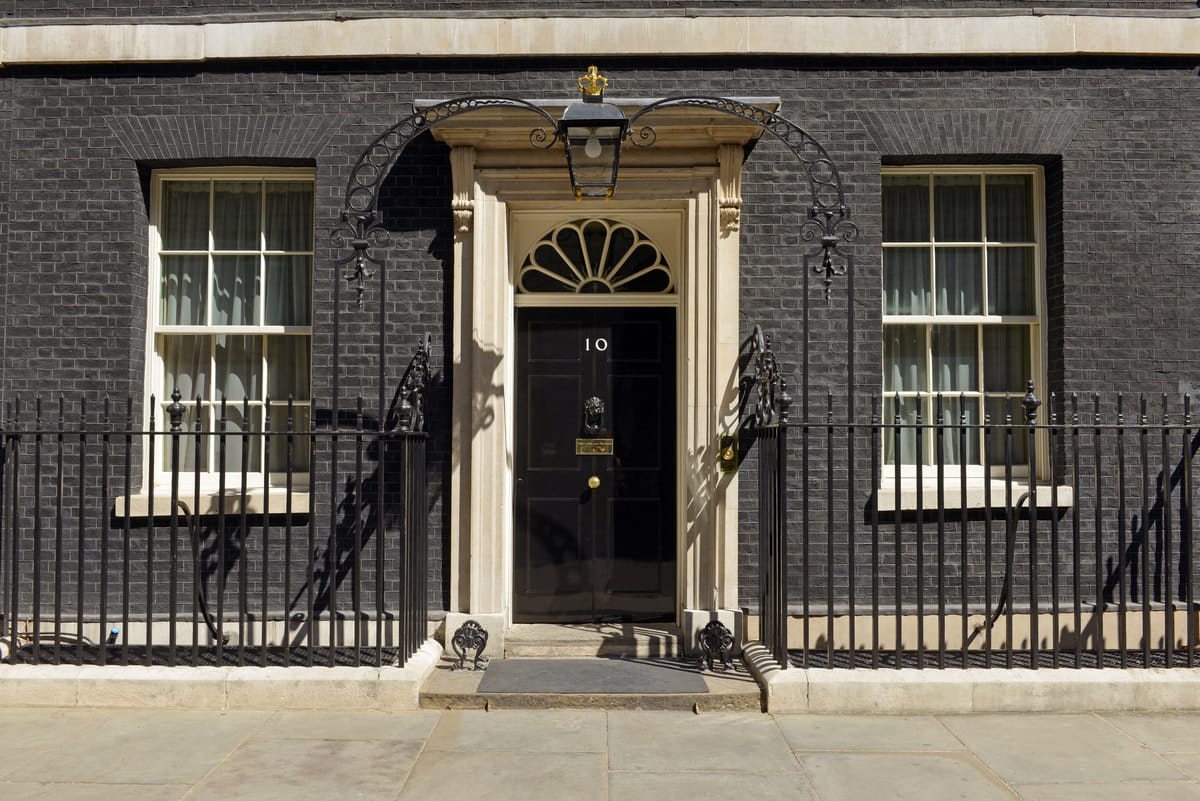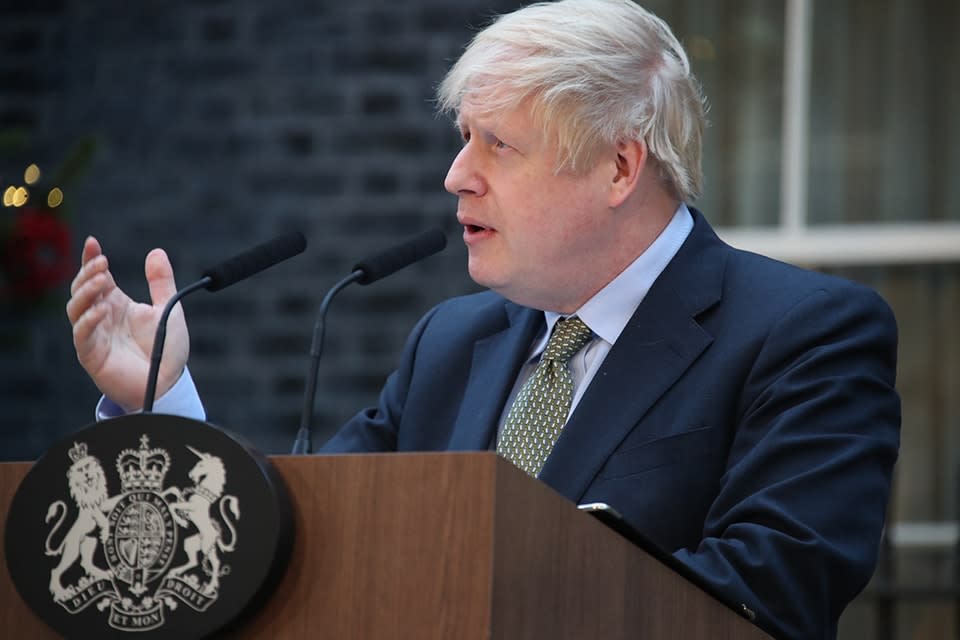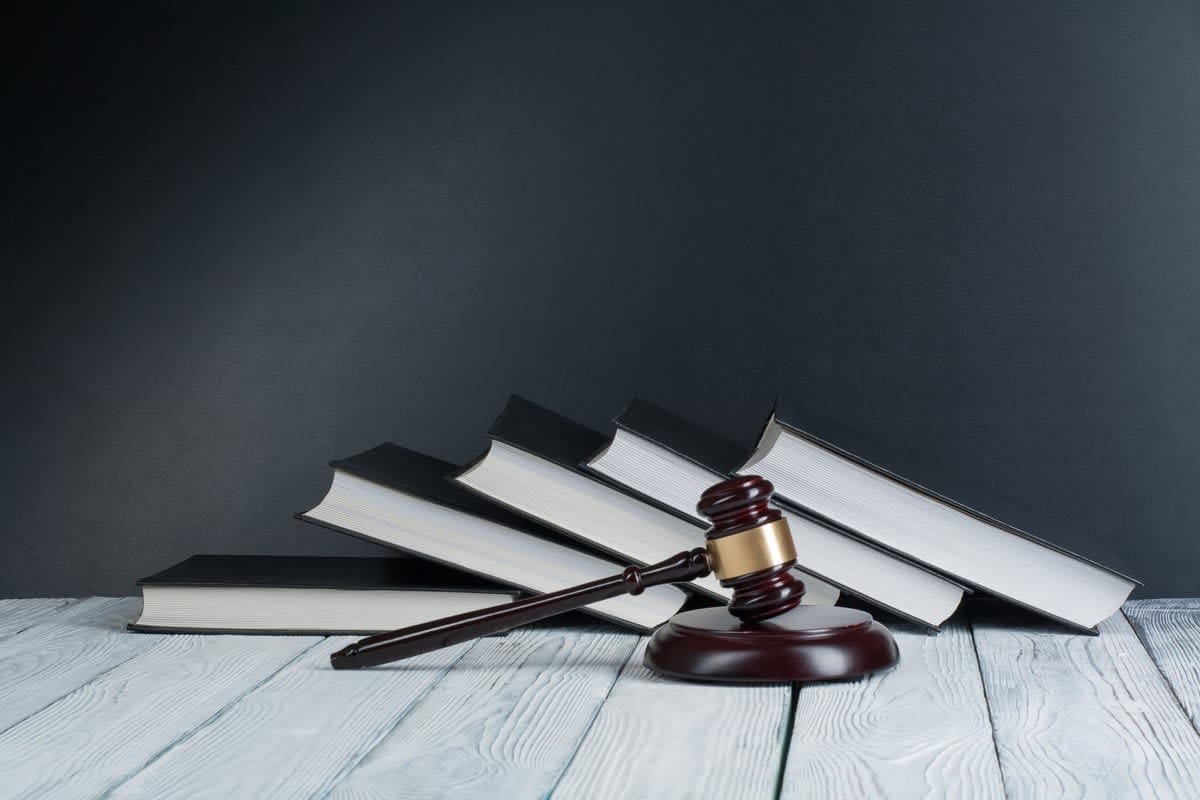
During Prime Minister’s Questions in the UK House of Commons this week, the leader of the opposition, as well as a former prime minister from the current Prime Minister’s own party, criticised Boris Johnson for his disregard and abuse of the Rule of Law.
In circumstances where it’s not unusual to see different conceptions of the Rule of Law invoked on opposing sides of an argument, often in ways that bear little or no resemblance to accepted ideas of what the Rule of Law is, it was a pleasant surprise to see opposing sides invoke the concept both in support of the same argument, and in a way that’s recognisable.
The Rule of Law as a political weapon
The Partygate scandal has dominated political discussions in the UK over the past couple of weeks. The release of the Gray Report – investigating a number of gatherings on government premises during COVID restrictions – has propelled discussions and criticisms to another level.
At Prime Minister’s Questions, Sir Keir Starmer – the leader of the opposing Labour Party – deployed the words of Margaret Thatcher, a former Conservative prime minister, against Johnson in saying that the first duty of government is to uphold the law.
Starmer also suggested that the continued denials by the Prime Minister have been responsible for “fraying the bond of trust between the government and the public, eroding our democracy and the Rule of Law”.
Theresa May – the Conservative prime minister who preceded Johnson – said: “Either [the Prime Minister] had not read the rules or didn’t understand what they meant … or they didn’t think the rules applied to Number 10. Which was it?”
Read more: Boris Johnson and ‘Partygate’: He who lives by the Brexit sword, dies by the Brexit sword
Starmer directly invoked the Rule of Law. May did not. However, her point is a clear and obvious invocation of a fundamental rule of law principle – legal equality. A fundamental idea of the Rule of Law is that the same law that applies to “the people” also applies to those in power.
This principle is a staple of English constitutional law. Most clearly stated by the British legal scholar A.V. Dicey in the late 19th century, it forms the second part of his Rule of Law idea.
His first point, that the government should not exercise its power arbitrarily, is clearly connected to the first. This is the most widely accepted function of the Rule of Law.
It’s clearly these Diceyan principles of the Rule of Law that Starmer and May are invoking when criticising Johnson.

Conceptual ambiguity in the Rule of Law
A problem we face when considering the Rule of Law is that the meaning of the concept itself is contested. This conceptual ambiguity causes problems when the phrase is invoked as part of an argument; different ideas associated with (what we now call) the Rule of Law have existed for millennia.
Aristotle suggested law should be superior to the rule of individuals, as individuals are akin to the beast. John Locke, the 17th-century political philosopher, decried arbitrary rule-making, instead calling for predictability and certainty through promulgated standing laws.
Lon Fuller, in his famous 1960s allegory of King Rex, suggested eight desiderata that must be fulfilled to satisfy the Rule of Law: generality, publicity, prospectivity, intelligibility, consistency, practicability, stability, and congruence.
Beyond these historical ideas, contemporary conceptions have done little to clarify a meaning. The Universal Declaration of Human Rights places the Rule of Law in a substantive role protecting human rights. Tom Bingham, a former president of the UK’s Supreme Court, sees a necessary component of the Rule of Law as, among other things, requiring adherence to international law.
These functions illustrate the significant differences between popular conceptions.

The Rule of Law on opposing sides of an argument
The Rule of Law is universally seen as a good thing. In Western liberal democracies, in consequence of the broad ‘anti-arbitrariness’ idea of the Rule of Law, a suggestion that one is against the Rule of Law would be an unpopular position. Accordingly, given its universal appeal, it’s not unusual to see the concept invoked on opposing sides of an argument.
Following the infamous 2000 US presidential election dispute in Florida, the Rule of Law was invoked by opposing legal teams in the US Supreme Court. The same occurred in Australia regarding the necessity of an independent inquiry in relation to the allegations of rape made against the (then) federal attorney general, Christian Porter.
When deployed on opposing sides, especially if the concept is deployed in consequence of its rhetorical value, it can often be difficult to identify exactly what the intended meaning of the concept is.
The Rule of Law could be suggested to require the principle of innocence until proven guilty – as in the case of the Porter allegations – that are not immediately apparent in frequently invoked Rule of Law ideas (even if the ideas are conceptually ambiguous).
Opposing sides’ Rule of Law
In Dicey’s original Rule of Law idea, he criticised the way he saw laws as operating in France so as to create a two-tier system in which the laws operated differently for the people and for those in government.
In the context of the Partygate allegations, even though Dicey wasn’t specifically invoked by either May or Starmer, criticism in terms of the Diceyan arbitrary and unequal application of the laws perfectly applies.
It was a refreshing change to see a recognisable form of the Rule of Law deployed from both sides of the political aisle that did not seek to capitalise on the concept’s inherent ambiguity.
Instead, the Rule of Law was used to hold those in power to the same rules and standards as everyone else, and to deter the arbitrary application of power. After all, if the Rule of Law is about anything, it’s about this.





